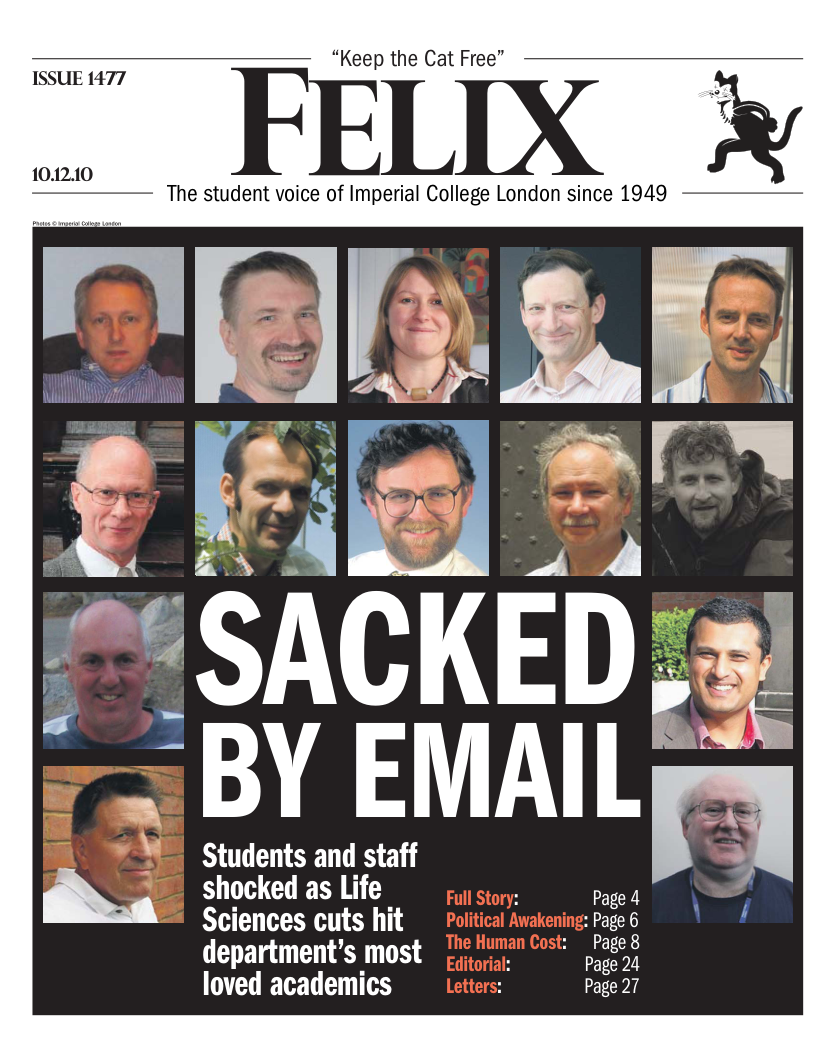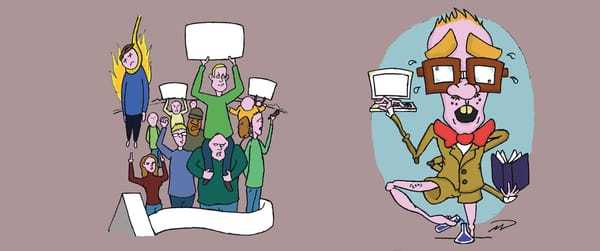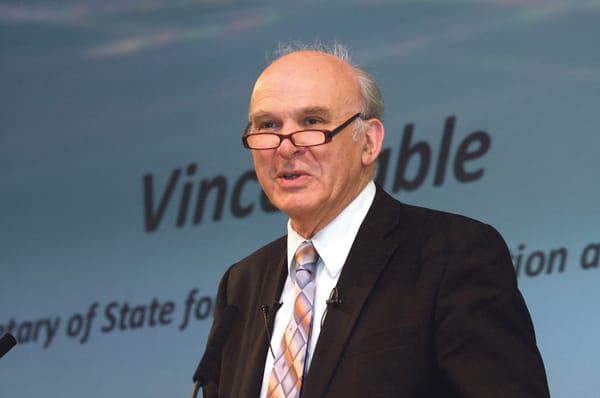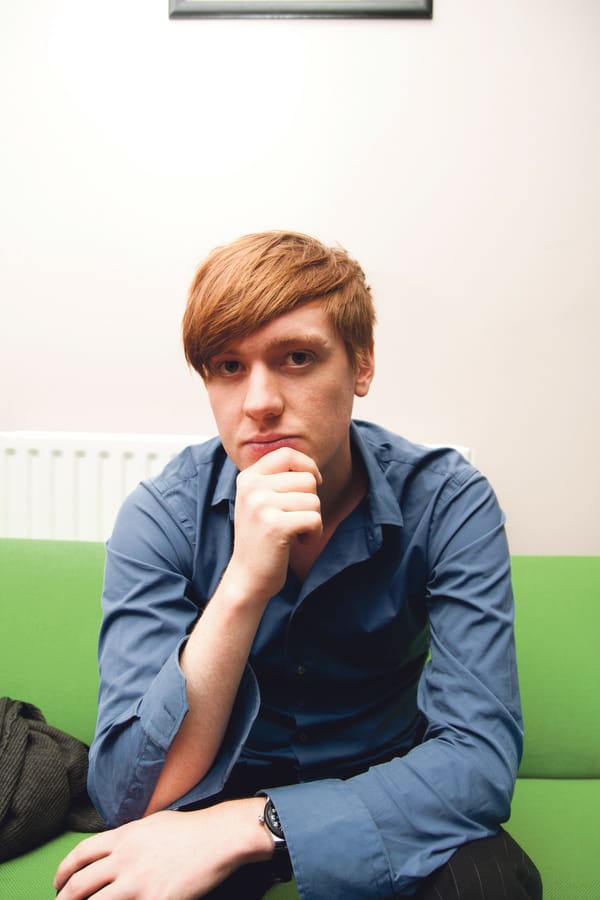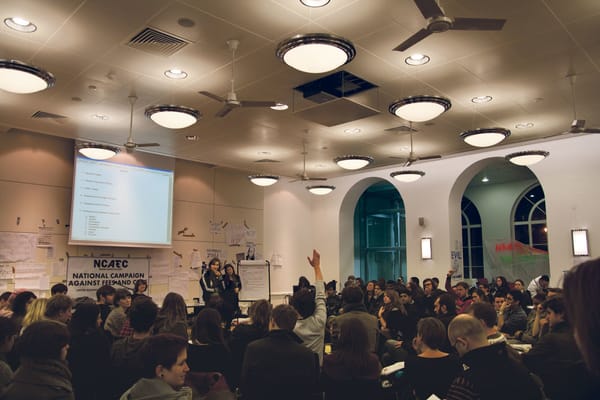Tuition fees rise to £9,000
Student protests fail to stop coalition plans
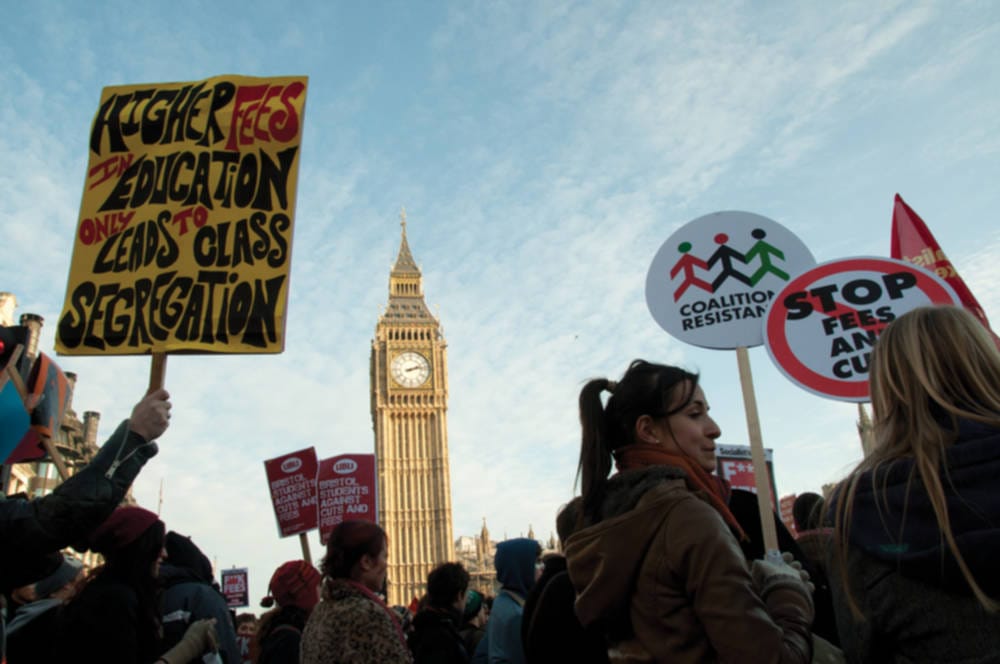
And so it has come to pass. After weeks of seemingly endless student protests, vicious exchanges across the House of Commons and many uneasy grumbles from within the Liberal Democrats, the Government’s proposal to raise the tuition fee cap passed through the House of Commons late Thursday afternoon, with 323 votes for versus 302 against
Under the terms of the proposal, the cap on tuition fees for home and EU students (currently standing at £3,290) will be almost trebled, to £9,000. This increase is, the Government claims, necessary in order to balance university finances and develop a “fairer” system of funding. Numerous critics have hit back, however, arguing that the increase will only be used to offset the cuts in public higher education funding – a massive 80% in some subjects.
Much of the anger has been directed towards the Liberal Democrats, who, prior to the election (in a move that has come back time and again to haunt them) pledged to abolish university fees entirely. Now enjoying the dubious pleasures of coalition rule, the party finds itself in support of a proposal that both its MPs and its supporters (many of them students) find fundamentally repellent.
Being the junior partner in the Coalition, the Lib Dems have already had to make many concessions – fiscal austerity, defence spending and immigration policy are but a few. All these – though marginally watered down from the Tory hard-line – nevertheless ran contrary to the Liberal Democrats’ values. But for most of the party’s MPs it was a price worth paying for their first position of power in living memory. However, rolling back on their promise to abolish fees seemed like a step too far. Thousands of students who supported the party in the last election took to the streets, expressing an indignant sense of betrayal. In the face of this, Nick Clegg stood resolutely (though not altogether cheerfully) by the Coalition’s plans. But many in his party were not convinced. A number of backbench MPs said that they would abstain from the vote; a few rebels even threatened to vote against, contravening the rules of the Coalition Agreement.
In the end, for better or for worse, the rebels were capitulated. The Coalition’s substantial majority in the House of Commons meant that those abstaining or opposing were not significant enough to overcome the collective will. The motion passed with a majority of twenty-one; perhaps a narrower margin of victory then the Government expected, but a victory all the same.
Amongst the protestors marching on Whitehall for a fourth consecutive week, the sentiment was less amicable. Although the result came as no surprise, it is bound to stoke further anger. It remains to be seen whether the relentless wave of student protests, that has of late engulfed that nation like wildfire, will burn on or fizz out.

